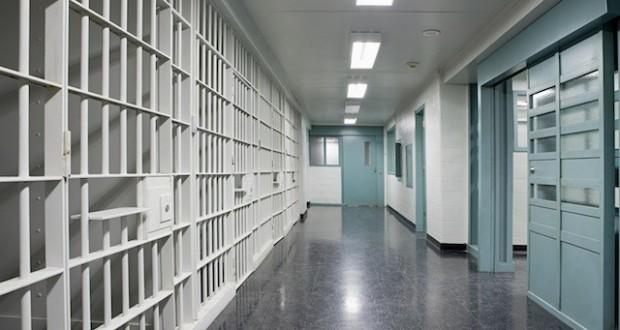Abstract: Ironically, prison and imprisonment plays a significant in role in the development of radicalised and extremist individuals and movements—a point highlighted by the recent enquiry into the radicalisation process of Islamists in Europe. The fact that prison might act as a ‘school of crime’ is one of the most debated issues in the field of penology and has begun to impact decision making in the areas of judicial affairs, social work, policing and public policy more generally. The state penitentiary system is intended to correct and improve a person who committed a crime – driven by whatever ideology or without any ideology. However, sometimes, prison becomes the vehicle for criminal and radical ideological careers. This article presents an attempt to revisit and reapply some concepts of labelling theory, developed by sociologists, to analyse a succinct political science issue in terms of the relationship between penal systems and governance structures. This work questions what and how measures taken by state agencies to persecute law-breaking activities of various types may contribute to increases in these activities, their intensity and scale. This work deploys a comparative methodology and examines Romania (criminal), Russia (criminal/ideological) and Pakistan (ideological) to gauge the level of radicalisation occurring in their prisons.
Keywords: radicalisation, Romania, Russia, Pakistan, prisons, crime, punishment, corruption, ideology


